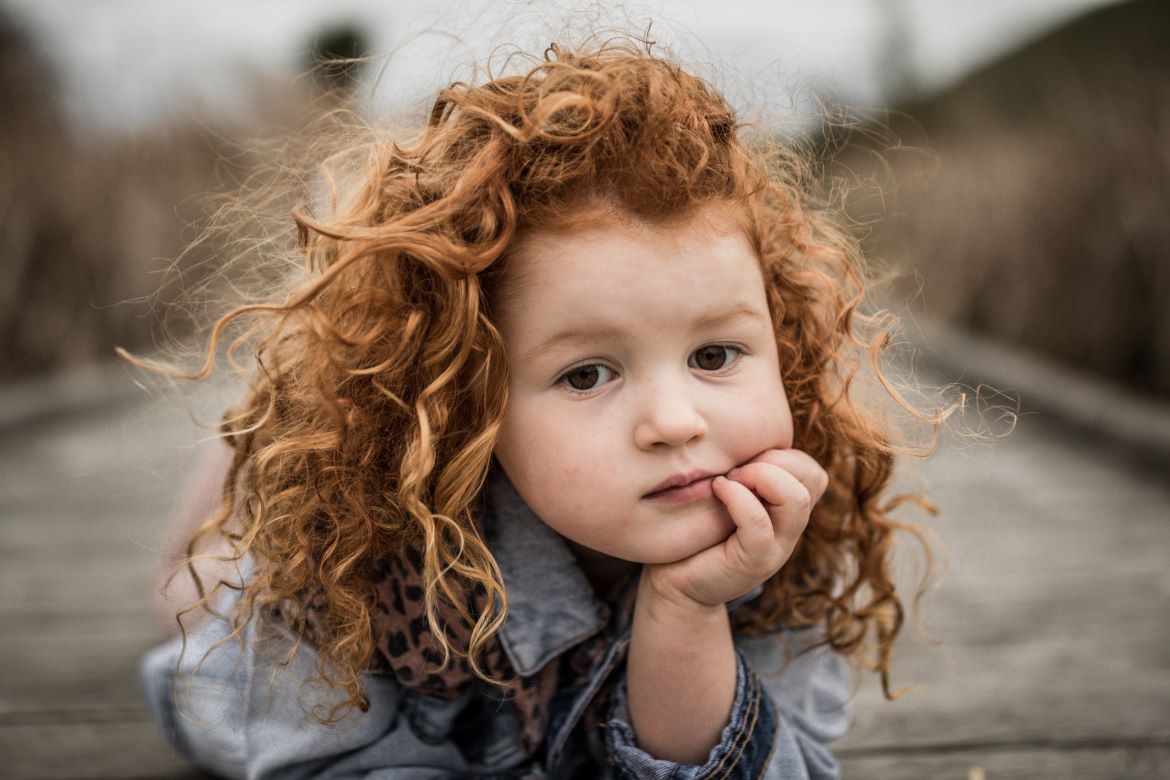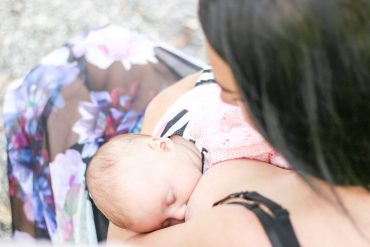By Dr. Laura Markham
“Dr. Laura…I think we as parents need to be honest about our own anger, disappointment, sadness about our child’s choices…”
I agree completely. We need to be honest about our own feelings — with ourselves! We need to notice our emotions as they come up, take responsibility for them, and work through them.
Because the truth is that every parent sometimes feels rage toward his or her child. Stuffing those feelings doesn’t help anyone.
But that does NOT mean that we need to “dump” our upsets on our child in the name of being honest. That’s not acting like a grown-up. It’s not coaching our child to be his or her best self, either. In fact, when kids follow that modelling, it looks like tantrums.
So unless there’s immediate danger — in which case you need to remove a child from harm’s way — I recommend that parents try to avoid relating to their children when they’re angry.
Does that mean we aren’t being honest, truthful and authentic? I don’t think so. Let’s take this one step at a time.
1. Anger is always “valid.”
But that just means it’s a message, a signal that you are triggered by the situation, meaning that you have some scary, more vulnerable emotions like fear and sadness in response to what’s happening. Anger is our response to feeling threatened, whether by an actual threat in the environment or by those upsetting emotions.
2. Don’t we need to show the other person how angry we are?
That depends on what outcome you want. Do you want the other person to be motivated to work things out with you? Then you want to create safety, which you don’t do by blasting them with your anger.
Angry words and tone escalate the drama and make the other person more reactive, so it becomes almost impossible to resolve the situation productively. And you certainly can’t coach your child with respect and compassion when you see them as the enemy.
3. But I’m entitled to be angry about this!
You are always entitled to all of your emotions. But just because your anger is valid doesn’t give you the right to visit your anger on another person. Actually, expressing anger to someone else just reinforces your anger, that internal feeling that it’s an emergency. That heightens your “fight or flight” response — which makes the other person look like the enemy.
4. Whose feelings are they, anyway?
Sure, our children make us MAD! But the truth is, those are our own feelings. They aren’t caused by our child, they’re caused by our own conclusions (“She lied to me… How dare she?!… She’s going to be an immoral person!”)
We can’t always choose our feelings, but we are always responsible for what we do with them.
(Exactly what we try to teach our child when they are so (legitimately) angry at their sibling that they lash out physically.)
5. What if we were completely honest with ourselves about our feelings?
That means, instead of acting on our sense of emergency and “being honest” about our anger by speaking or acting angrily towards our child, we would be honest with ourselves about those more upsetting, scary emotions under the anger:
- “It scares me that she would lie to me.”
- “How can I trust him after this?”
- “I’m afraid that she’ll come to a bad end.”
- “Am I raising ungrateful brats?!”
- “I feel powerless to get her to tell me the truth.”
- “I don’t know how to get through to him.”
- “It hurts so much when she says such nasty things to me, after all my sacrifices for her.”
- “Have I been such a terrible parent, for him to act this way?”
- “I feel so helpless!”











